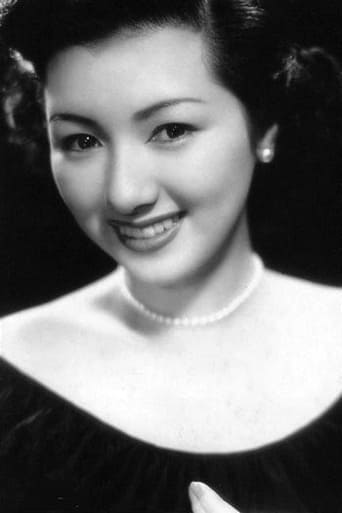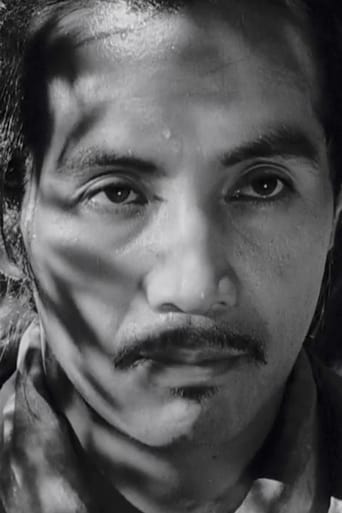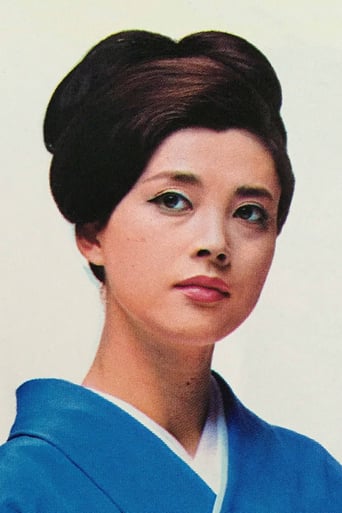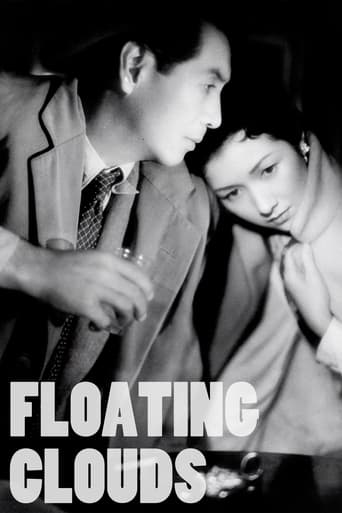
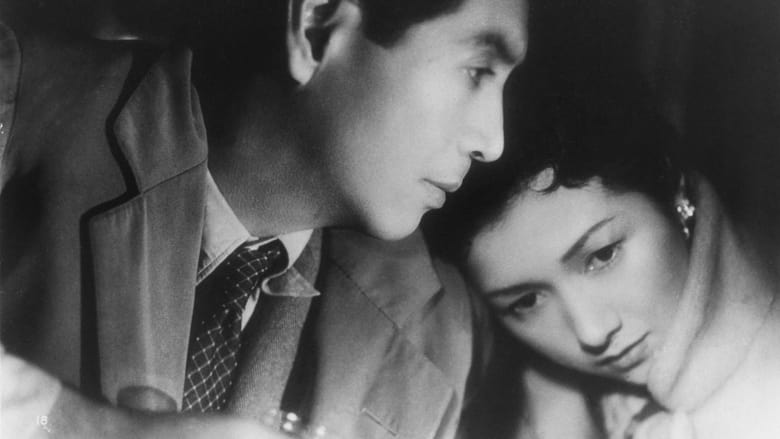
Floating Clouds (1955)
A married Japanese forester during WWII is sent to Indochina to manage forests. He meets a young Japanese typist and promises to leave his wife. He doesn't and after the war, she turns up and the affair resumes.
Watch Trailer
Cast


Similar titles
Reviews
To me, this movie is perfection.
Best movie ever!
The film makes a home in your brain and the only cure is to see it again.
The plot isn't so bad, but the pace of storytelling is too slow which makes people bored. Certain moments are so obvious and unnecessary for the main plot. I would've fast-forwarded those moments if it was an online streaming. The ending looks like implying a sequel, not sure if this movie will get one
Ot the three senior directors who dominated the golden age of Japanese cinema, Mikio Naruse is the least known in the West. This could be partly due to the fact that unlike his contemporaries, Mizoguchi and Ozu, his cinematic language was more conventional and less innovative. And yet, if one looks long and hard, it becomes possible to identify stylistic trademarks that could be uniquely his, characters that are forever walking and interiors that are often shot from the centre of a room looking towards a corner. The very title is a metaphor for characters that are drifting their lives away with very little sense of purpose. The tragic couple, Yukiko and Kengo, who met in French Indo-China during the second world war when they were engaged on a forestry project find themselves drifting when they meet up again in a post-war Japan soured with defeat and despair. Generally when we see them they are walking, often through urban landscapes of a Tokyo desolate and scarred by the immediate past. They are always on the move in the manner almost of characters in a road movie to wherever they can travel, be it to a sad holiday resort out of season or a remote island drenched by rain that hardly ever stops. But their relationship is doomed partly because whatever passion they may feel for one another is always curiously out of sync with each other's. Their personalities are also deeply flawed to the extent that neither is able to cope with the social disadvantages of being part of a defeated nation. It has been said that defeat left many professional Japanese men feeling emotionally emasculated. This is certainly true of Kengo. As for Yukika, she has none of the stoicism of Mizoguchi's long suffering female protagonists. Dissatisfaction with her lot has left her whingeing with self pity. ""Floating Clouds" is a deeply pessimistic film in a way that Kurosawa's "The Silent Duel", which deals with a pair of lovers living through the similar period of the immediate aftermath of war, is not. Ultimately Kurosawa's characters come to terms with misfortune in a way that presages a future of some hope. Both films no doubt reflect their directors' widely different temperaments.
This is a story about a couple who met in French Indo-China working for the Forestry Department for Japan. The story is ultimately about the time they spend once they return to Japan, which is somewhat tumultuous, as her is married. They do not spend the whole film together, at times Tomioka is with his wife and he even leaves Yukiko for another still younger woman, Osei. If this sounds like a tear-jerking soap opera, it kind of is. However, the movie is a powerful tale of love, betrayal and obsession. The beautiful Hideko Takamine (at times, I don't think she was ever more beautiful in a film) is excellent in a very challenging role, conjuring raw emotions often. At times you are torn between them even wanting to be together and I think that is what gives the film its compelling nature. If you are not fond of heavy drama, this is not your film. I feel the acting is superb (again, especially Ms. Takamine) and the story very watchable. Another great film by Mikio Naruse.
Ukigumo (1955), directed by Mikio Naruse, was shown as "Floating Clouds" at the Dryden Theatre in Rochester as part of a Naruse retrospective. This is Naruse's best-known film, and it stars his muse, the outstanding actor Hideko Takamine. The film is adapted from a novel by Fumiko Hayashi. Seven or eight of Naruse's films were based on novels by this author. Finally, many of the Toho studio supporting players appear in this movie, as they do in all of Naruse's films. In summary, "Floating Clouds" is classic Naruse. As in many Naruse films, the theme is grim. Japan is still struggling in the aftermath of World War II. The economy is slow, and the pall of defeat still hangs over the country.Although we think of the war as totally tragic for everyone involved--especially everyone Japanese--this isn't accurate. Hideko Takamine's character (Yukiko) had a passionate and sincere wartime romance with an engineer when they were both stationed in an area away from the combat zone. It becomes clear--ten years later--that this love affair was the high point of both their lives. Masuki Mori plays Kengo, the engineer who loves Yukiko, but who will never marry her.The tragedy of the film is that both Yukiko and Kengo have known happiness, but realize they will never know it again. Such happiness as they can grasp is undone by the harsh realities of financial and physical problems.This movie is not exactly a masterpiece, but it is the perfect film if you can only see one work by Naruse. It defines his themes, demonstrates his unique skills and extraordinary expertise, and showcases the best actors in his company. It's a movie worth seeking out and watching.
This at first appears to be a riveting study of human relationships, and it is entertaining. But ultimately it never gets beyond the level of a high class soaper, and it goes on far too long. Calling it a soaper is by no means pejorative; I am a dedicated fan of Douglas Sirk. But Sirk never took himself as seriously as the makers of this film appear to, and that makes it all the more ponderous. Worth seeing, however.


